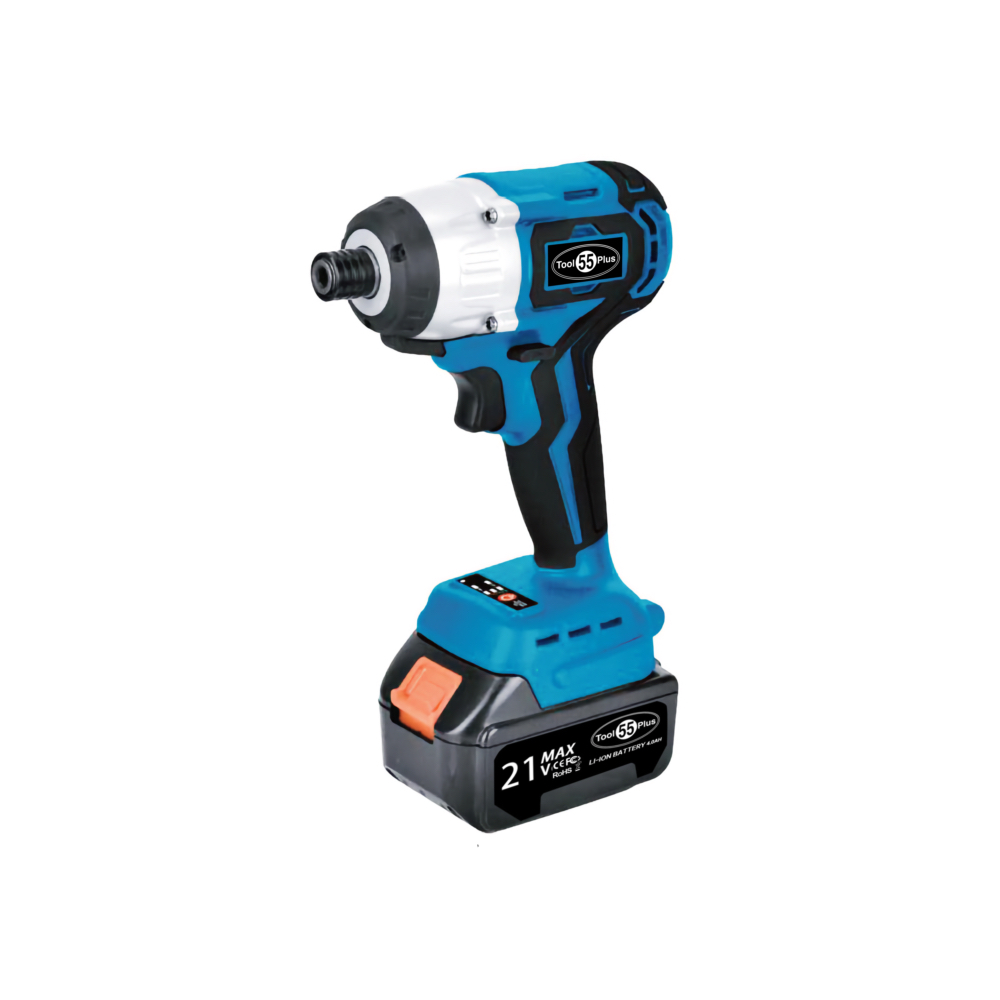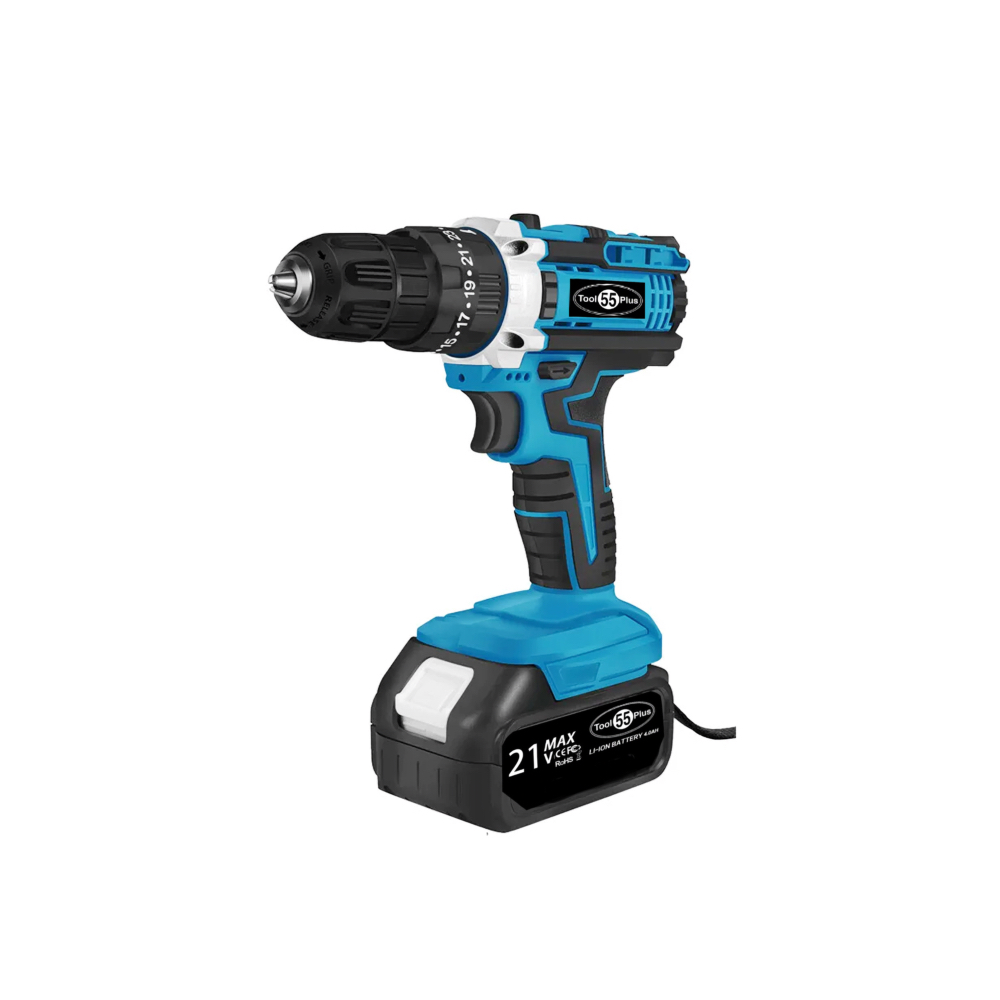

When shopping for power tools, one of the most common dilemmas is: Should I buy a drill driver or an impact driver?
At first glance, they may appear similar, but their power, purpose, and ideal applications are not the same. This guide highlights the distinctions, strengths, and when to use each tool, so you can make the right choice.
What Is a Drill Driver?
A drill driver is an all-around tool designed for both drilling holes and driving screws.
Operation: Delivers steady rotary power for smooth, controlled drilling.
Typical uses: Perfect for home projects such as assembling furniture, woodworking, and minor renovations.
Advantages:
✔️ Multi-functional — works for drilling and fastening
✔️ User-friendly — great for beginners
✔️ Allows accurate drilling
Limitations:
❌ Lower torque compared to an impact driver
❌ Less efficient for heavy-duty fastening jobs
What Is an Impact Driver?
An impact driver is specialized for jobs that require high torque and extra driving power.
Operation: Uses a hammer-and-anvil mechanism that delivers powerful bursts of rotational force.
Typical uses: Excellent for driving long screws, tightening bolts, and working with dense materials like hardwood or metal.
Advantages:
✔️ High torque output for demanding tasks
✔️ Drives fasteners quickly and efficiently
✔️ Perfect for professional construction and automotive work
Limitations:
❌ Not intended for precision drilling
❌ Noisier, with more vibration, which can cause fatigue
Comparing Drill Driver and Impact Driver
| Feature | Drill Driver | Impact Driver |
|---|---|---|
| Power/Torque | Low to medium, good for lighter tasks | Very high, great for heavy fastening |
| Precision | High, ideal for drilling | Lower, best for driving screws |
| Functionality | Multipurpose: drilling + fastening | Specialized: fastening & loosening |
| Noise/Vibration | Smooth and quieter | Louder, with stronger vibration |
| Best For | DIY projects, woodworking, furniture assembly | Construction, automotive, metalworking |
Which One Should You Choose?
For home projects and DIY → Go with a drill driver, it’s versatile and easy to use.
For professionals in construction or automotive work → An impact driver will save time and effort on tough jobs.
For the best of both worlds → Having both tools gives you flexibility: precision drilling from the drill driver and raw torque from the impact driver.
Pros and Cons Recap
Drill Driver
Pros
All-purpose tool: drilling and fastening
Easy to control
Quiet and smooth operation
Cons
Limited torque for heavy-duty tasks
Not as fast for repeated fastening
Impact Driver
Pros
Delivers high torque effortlessly
Excellent for driving long screws and bolts
Great for construction and automotive projects
Cons
Not precise for drilling holes
Louder, with stronger vibrations
FAQ: Drill Driver vs. Impact Driver
1. Can an impact driver completely replace a drill driver?
No. While it excels at fastening, it doesn’t provide the precision needed for drilling clean holes.
2. Can I drill with an impact driver?
Yes, if you use hex-shank drill bits and only in softer materials, but don’t expect neat or accurate results.
3. Which tool is better for beginners?
A drill driver, because it’s more versatile and easier to handle.
4. Is it worth owning both tools?
If you only do occasional DIY, a drill driver is enough. For professionals or frequent heavy-duty work, having both is the most efficient choice.
Final Thoughts
For general DIY and home use → Pick a drill driver.
For heavy-duty, professional work → An impact driver is the way to go.
For maximum flexibility → Owning both tools is the smartest long-term investment.
